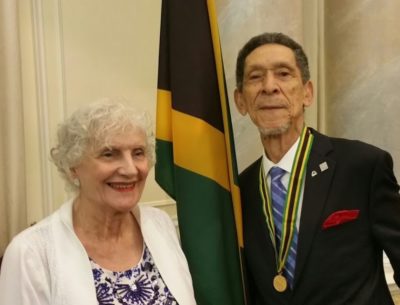
Could you tell me about your childhood? Where were you born? Is there anything about your childhood that stands out for you? Helped form who you are today? Your parents, friends, school?
When did you come to Canada, what made you decide on Canada, Ottawa?
During my two years of full time employment, I saved for study abroad. A high school classmate told me of the Ontario Agricultural College, the O.A.C, now part of the University of Guelph, Guelph, Ontario.I came to Canada in September 1956, enrolled at the O.A.C., which I attended from 1956 to 1961.
What is your educational background?
I graduated from the O.A.C. With a Bachelor’s of Science in Agriculture in 1960 and a Master’s of Science in Agricultural in 1961, with majors in Agricultural Economics.I attended McGill University, Montreal, 1964-1966, for PhD studies in Economics, with major in Economic Development. My thesis is still “incomplete”.
You have been retired for several years. What can you tell us about your career and its many challenges?
You are well known in the Black community, having held positions as Chair of the Canada Race Relations Foundation, member of the Ottawa Police Services Board, Ottawa Community Immigrant Services Organization and more. What has your community engagement experience been like? What challenges have you faced over the years and how did you manage them?
